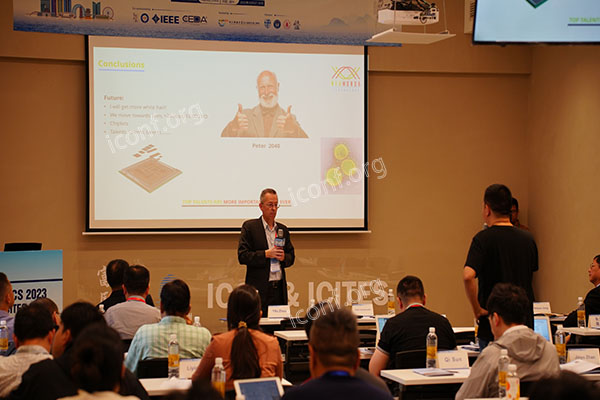Networking at academic conferences is an essential skill for researchers, scholars, and professionals. It provides opportunities to exchange ideas, form collaborations, and advance your career. As we approach late 2024, here are some top strategies for effective networking at academic conferences.
1. Prepare in Advance
Successful networking starts with preparation:
• Research Attendees: Identify key individuals and organizations attending the conference. Use the conference program and social media to find out who will be there.
• Set Goals: Determine what you want to achieve from networking. This could include meeting potential collaborators, mentors, or industry experts.
• Elevator Pitch: Prepare a concise and compelling introduction about yourself and your research. Practice delivering it naturally.
2. Engage on Social Media
Social media can be a powerful tool for networking:
• Follow the Conference: Follow the conference’s official social media accounts and hashtags.
• Join Discussions: Participate in pre-conference discussions and share your insights.
• Connect with Attendees: Reach out to other attendees on platforms like LinkedIn and Twitter.
3. Attend Social Events
Social events are prime networking opportunities:
• Welcome Reception: Participate in the welcome reception to meet other attendees in a relaxed setting.
• Workshops and Panels: Attend workshops and panel discussions to engage with experts and peers.
• Networking Sessions: Take advantage of dedicated networking sessions to introduce yourself and exchange contact information.
4. Be Approachable
Your demeanor can significantly impact your networking success:
• Positive Attitude: Approach others with a positive and open attitude.
• Body Language: Use open body language—smile, make eye contact, and avoid crossing your arms.
• Active Listening: Show genuine interest in others by listening actively and asking thoughtful questions.
5. Exchange Contact Information
Ensure you can stay in touch with new contacts:
• Business Cards: Bring plenty of business cards to share. Include your name, title, affiliation, and contact information.
• Digital Alternatives: Use digital business cards or networking apps for a modern alternative to paper cards.
• Follow Up: After the conference, follow up with your new contacts via email or LinkedIn to maintain the connection.
6. Participate in Discussions
Engaging in discussions can showcase your expertise and interest:
• Ask Questions: Ask insightful questions during Q&A sessions to demonstrate your engagement with the topic.
• Share Insights: Contribute your own insights and experiences during discussions and panels.
• Join Interest Groups: Participate in special interest groups or breakout sessions related to your field.
7. Leverage Technology
Use technology to enhance your networking efforts:
• Conference Apps: Utilize the conference’s official app to schedule meetings, view attendee profiles, and stay updated on events.
• Virtual Networking: If the conference offers virtual components, participate in virtual networking sessions and online discussions.
• QR Codes: Use QR codes on your business cards or presentation slides to make it easy for others to connect with you online.
8. Be Proactive and Respectful
Taking initiative is key, but always be respectful of others’ time and space:
• Initiate Conversations: Don’t be afraid to start conversations with new people. A simple introduction can lead to valuable connections.
• Respect Boundaries: Be mindful of others’ time and personal space. Avoid monopolizing someone’s time and respect their privacy.
• Offer Help: Offer assistance or resources when appropriate. Helping others can foster goodwill and stronger connections.
Conclusion
Networking at academic conferences can open doors to new opportunities, collaborations, and career advancements. By preparing in advance, engaging on social media, attending social events, being approachable, exchanging contact information, participating in discussions, leveraging technology, and being proactive and respectful, you can make the most of your networking efforts. For more tips and information on upcoming academic conferences in late 2024, visit iConf.org. Start planning your networking strategy today to maximize the benefits of your conference experience.
